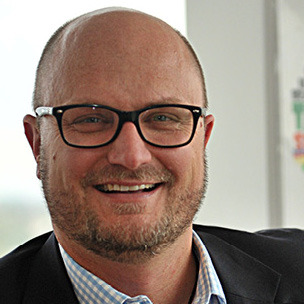Publications
Many a Slip between Cup and Olympics - Brazil's uneven journey towards growth, inclusion and stability

Research Associate

Director, The Brenthurst Foundation

Special Advisor, The Brenthurst Foundation
2016 should have been the crowning glory of Brazil’s transition from the clichéd country of tomorrow to that of today. Under presidents Fernando Henrique Cardoso and Lula da Silva, Latin America’s largest economy seemed, at last, to have struck a balance between liberal reform and economic redistribution, its ambitions funded by a global commodity boom. It was at the centre, too, of new internationalism, with the BRICS – Brazil, Russia, India, China and South Africa – grouping, and in hosting both the 2014 FIFA World Cup and 2016 Summer OIympic Games. Now, however, at what should have been its crowning moment, the country is again in economic and political disarray. Violent crime remains rife and, in many cities, rising. Inequality is stubbornly persistent, despite high levels of social spending. The downturn in global commodity prices has left it exposed, its debt status now classified as junk. And the ruling party and some of the country’s flagship companies are embroiled in the largest corruption scandal in Brazilian history, leaving the president, Dilma Rousseff, with the lowest approval ratings ever recorded.
Brazil seems to have favoured politics over economics in preferring redistribution over reform. It is not alone, however. South Africa’s President Jacob Zuma has, for one, said that redistribution is a moral and economic imperative, and that the ruling African National Congress does ‘not accept the notion that we must make a choice between growth and redistribution’. There are parallel challenges between Brazil and Africa, too, in managing the challenges of security and development within especially fast-changing and growing urban settings. What might Brazil’s contemporary failings – and its successes – teach?
About the Author:
Dr Greg Mills directs The Brenthurst Foundation. An adviser to several African presidents and to COMISAF in Afghanistan, he is the author of, among others, the best-selling books, Why Africa is Poor and, most recently, with Jeffrey Herbst, How South Africa Works.
Professor Lyal White directs the Centre for Dynamic Markets at the Gordon Institute of Business Science, University of Pretoria.
Dickie Davis is an associate of the Johannesburg-based Brenthurst Foundation and the Managing Director of Nant Enterprises Ltd. He served for 31 years in the British Army, reaching the rank of Major General.
A research contribution to The Future of African Cities project
Photo: UN Women Flickr

